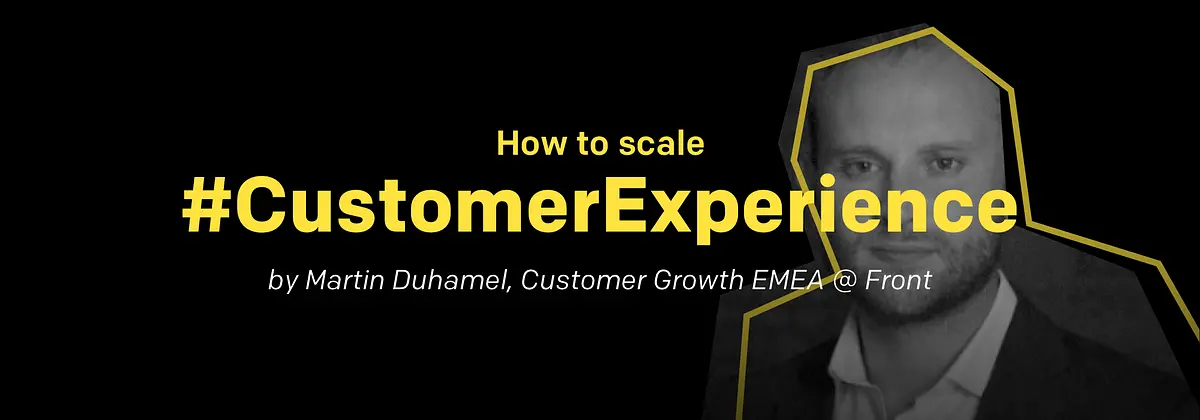“New things give you a reason to want to go to the studio.” Dr. Dre
Have you checked our website+newsletter about startup studios, “BuildTogether”? http://buildtogether.co/
There is more and more literature about the trending “startup studio” model. Wired published an article recently, some others explained it on their Medium, and a bit before, Techcrunch wrote a piece about “company builders”. There are many structures that more or less fall into the scope of “startup studios” — we count more than 50 worldwide — but I really think that among all those who call themselves startup studios, we should sort them out and be more strict on the definition.
Definition of “Startup Studio”
A startup studio is a structure whose aim is to repeatedly build companies. Thanks to its infrastructure and resources, startup studios increase a startup’s chance of success and optimize its creation and growth.
A startup studio is a structure that aims at building startups. They can also be called Startup factory, Company Builder or Foundry. Even though there can be different models and philosophies, according to me there are 3 elements that define a startup studio:
Internal Ideation
Ideas should be generated internally; startup studios are not early stage investors but actual co-founders. The studio should originally own 100% of the project idea.
Repetition
Building many companies in a row should remain the main goal of startup studios.
Infrastructure
The studio should own an infrastructure made of pooled resources: talented people, serious processes, useful tools and a strong network. A studio should not be just an empty structure owning a portfolio of companies.
Startup Studios’ Main Advantages :
Building companies through a startup studio creates many advantages coming from the studio’s infrastructure:
- Build Faster: thanks to wise processes and a devoted team of experts working day to day to help your business grow.
- Build Better: the studio’s team is made of experts in their fields (design, marketing, code, etc.) working together. Recruitment of high profiles is made easier by the good reputation of the studio and assistance of the team. The studio’s network as a whole is a real advantage to help a startup grow.
- Build Bigger: startup studios make it possible to address larger markets because of the shared knowledge and pooled resources provided.
Startup Studios’ Main Criticisms
(and how we dealt with them at eFounders)
“Startup studios last until one takes everything”
At eFounders, we focus on building independent companies: after 18 to 24 months, all of our startups become fully independent and we do not play any operational role anymore. If one of our startups becomes a breakout hit, we’ll simply be very happy board members.
“Startup studios kill innovation”
It is a common mistake to imply that providing a structure entails killing innovation, although it makes no sense: providing a structure only entails being structured. There is only one way to be visible above the mass: be innovative. That’s what we do. Our main methodology is to include “having crazy ideas” as one of the top requirements we impose in our team.
“There’s a point when founders stop having startup ideas”
No, I never stop ☺ Every time I face an issue when I work, I have a startup idea. As long as there are problems, there will be product ideas.
“Startups are kept dependent of their studio”
We understand it is an important risk when building startups. That is why we’ve built our studio around the idea that we build independent startups, with their own founders, team and more generally, culture, which impacts our methodologies and cap tables.
Examples
In reality they are very few studios that are focusing on building companies, period. Many structures calling themselves “startup studio” are, in fact, hands-on investors. They use the studio workforce to assist companies of their portfolio. These companies can be very early-stage, in that case it is a form of pro-active incubation, or more mature, which I call consolidation.
We have been building a list of “Startup Studio” (and close equivalents) here and we are trying to complete it and to make it more up-to-date. We would love you to take a look and add your comments on that database.
Here are 2 examples of Startups Studios according to the definition provided. These startup studios have very different philosophies but work basically on the same model.
- Internal ideation: clones of e-commerce successful models.
- Repetition: Rocket has created tens of companies in 100 countries since 2007.
- Infrastructure: a famous brand, a suite of tools for logistics, e-commerce, marketing, a huge pool of resources working in the different companies, easy access to huge amounts of capital.
- Internal Ideation: products solving issues that SMEs face, with a strong focus on SaaS and marketplaces.
- Repetition: eFounders has created 9 companies in 3 years and aims at building 3 to 4 companies per year.
- Infrastructure: organised around a platform called TheNetwork, eFounders offers processes, a team of experts and a strong network.
Learn more about eFounders on our website, and don’t forget to take a look at our startup studios database (work in progress).


%20(2).png)
